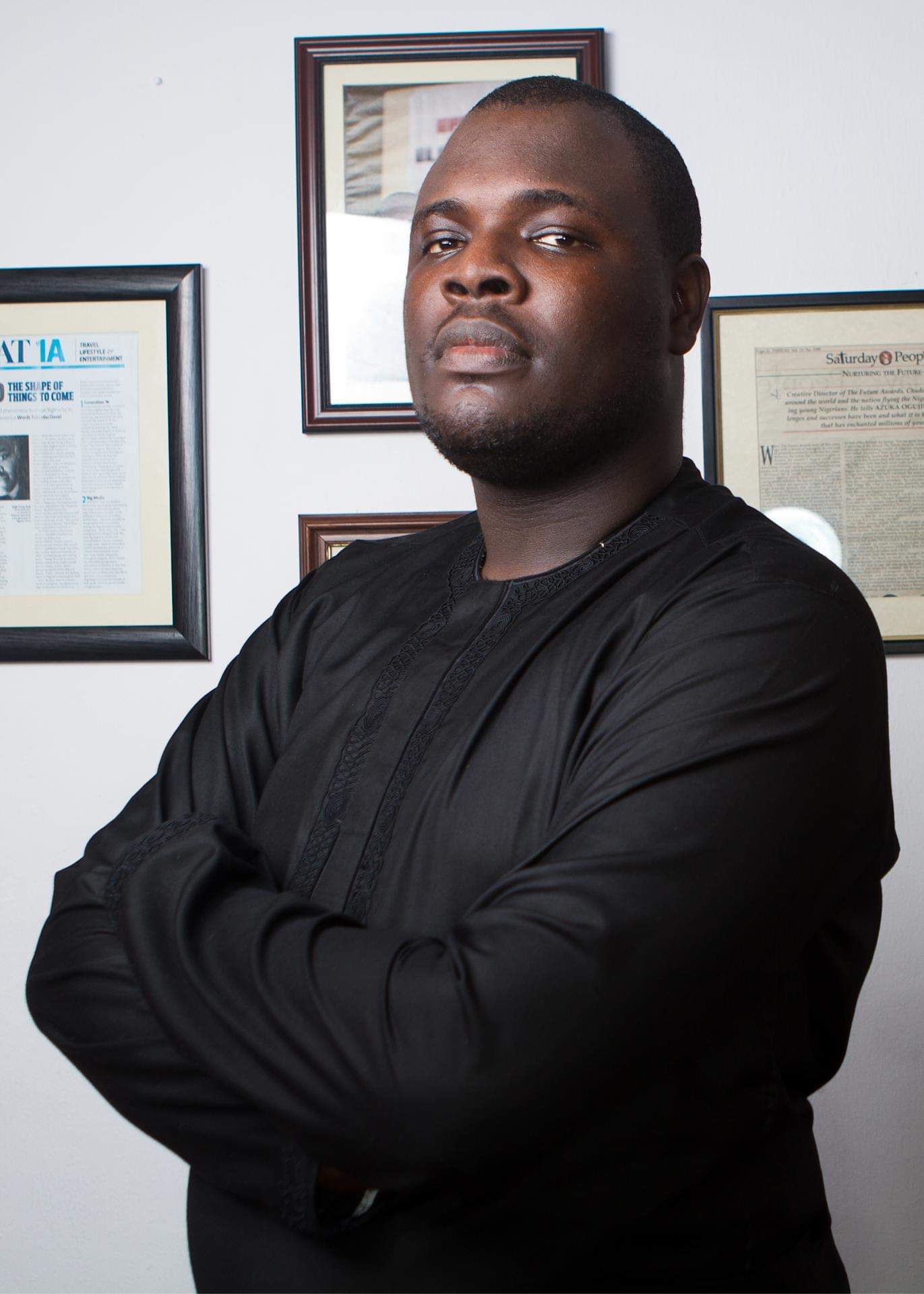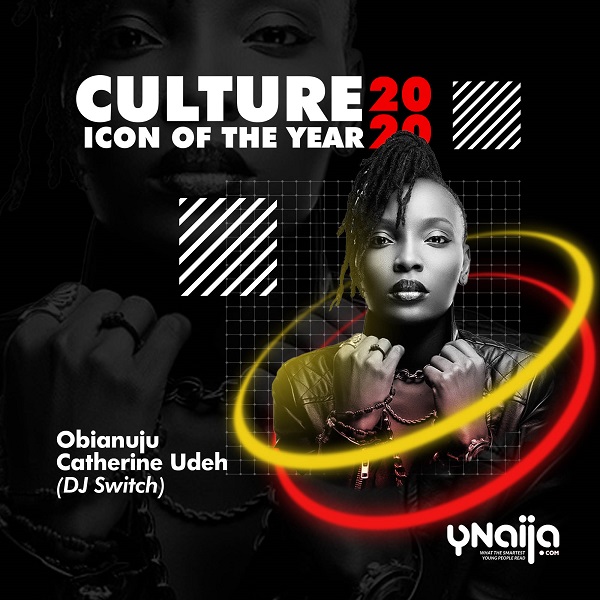Features
Chude Jideonwo: Why DJ Switch is the Culture Icon of 2020

I cannot forget that evening in October when a dear friend rushed into the room to show me the video of DJ Switch (Obianuju Catherine Udeh) who had put on her phone camera to broadcast live – as she and others worked to remove a bullet from the leg of a man who had been shot, apparently, by Nigeria’s security forces.
I cannot forget holding my breath, along with the world, as she tied Nigeria’s blood-stained flag around his leg – fully present of mind in knowing that her country would soon silence the names, stories and humanity of the people it had just shot dead and that her labour, and their sacrifice, would be reduced to nothing if she didn’t capture this moment. Even if it meant that she had to flee her own country immediately after.
It is singularly because of DJ Switch and her moment of clarity that we even have any credible evidence that the Lekki attack happened.
You know, there is something in the back of my mind that has been saying all these past months that DJ Switch has not gotten the respect that she deserves – for the incredible service to her country during the #EndSARS protest.

In 2010, she captured the pathos of her nation when she delivered something of a dirge for Nigeria, covering the song “Don’t Cry For Me Argentina” as protest against the disappearance of Nigeria’s president at the time, Umaru Musa Yar’Adua – who continued to hold on to power even though he was already legally deceased. I don’t know how people could have forgotten that powerful cultural moment. I couldn’t.
I remember reaching out to her for an interview then. But she had gone underground. Security forces were looking for her. Her life was at risk.
And, a decade after, here we go again.
So, you see, Switch knew exactly the risk she was taking, the powers she was offending, the boundaries she was crossing, This wasn’t a naïve 36-year old creative just doing her best, unaware of consequence. No, she took that dangerous turn yet again, even with higher stakes, when she could have chosen a different way.
When the moment called for it, the same instincts that drove her in 2010 emerged again.
And there is something there that is deeply, strikingly, desperately Nigerian.
We often call ourselves cowards. But we absolutely are not. Nigerians have fought for Nigeria constantly over the past 60 years. Dele Giwa was Nigerian, as was Ken Saro-Wiwa. The women of the Aba march were Nigerian, as was Kudirat Abiola.
When it is necessary, when it is unexpected, when it matters most, Nigerians have the capacity to rise up and answer the questions the moment asks of them.
The Nigeria of Aisha Yesufu is also the Nigeria of MD Yusufu, and the Nigeria of the #EndSARS Movement is the same Nigeria of the 10 Million Man March Against Abacha. Activism and courage didn’t just come up with this generation or that one: it has come up again and again, Nigeria has beat it back repeatedly with vengeance and murder. But yet it cannot kill our spirits.
That’s the Nigeria that courses through the veins of Switch. A striking music talent –winner of two music reality shows, and winning the hearts of Nigerians just weeks before as DJ on Big Brother Naija – who has taken the little that she has to do a great
service for her country, even if she doesn’t get the acclaim (“Stop saying I should talk to CNN, you guys talk to them!” she shouted at commenters on her Live video) that a more literate, more perceptive country would have delivered.
And she isn’t even demanding it, because why would she? She simply did what she needed to do, when she needed to do it, for the exact reasons that it should be done.
There are so many Nigerians like this mother of one – brave, strong, unbroken – who know how to stand up when it matters. And who, even as she has fled for safety, continues to fight for her country.
May their kind never completely abandon this country that has yet to earn their patriotism in any meaningful way.
Chude Jideonwo is host of the TV and radio platform #WithChude, which creates safe spaces for conversations about mental, emotional and spiritual health across Africa. He is also co-founder of human flourishing company Joy, Inc.






















